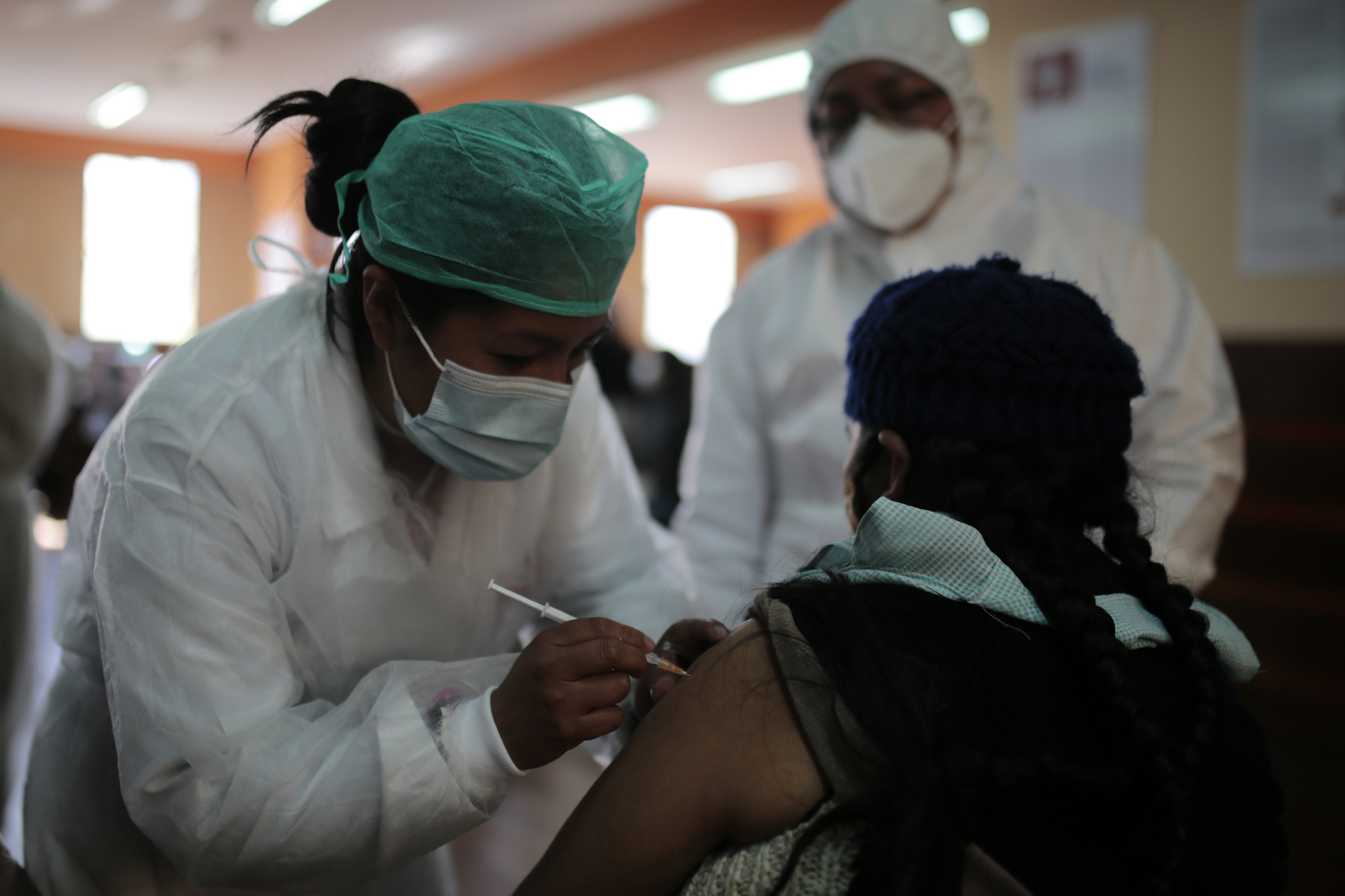
Biden administration is sending millions of COVID-19 vaccines to Latin America
It’s long overdue, but will go a long way in fighting the virus in the region.
In an effort to combat and end the continuous threat of COVID-19, President Joe Biden is sending millions of COVID-19 vaccines to countries in Latin America.
According to the White House, one million doses of Johnson & Johnson's COVID-19 vaccine were shipped to Bolivia on July 8, another one million doses of Pfizer will ship to Paraguay on July 9 and 1.5 million doses of Moderna were shipped to Guatemala on July 7.
“As we push to get more Americans vaccinated, we will also continue mobilizing and leading the effort to vaccinate the world,” said White House Coronavirus Response Director Jeff Zients. “Earlier this year, the President committed that the United States will be an arsenal of vaccines for the world.”
Biden had pushed for vaccinations in the U.S., with the goal of having 70% of U.S. adults with at least one COVID-19 vaccine dose by July 4, but Latin American countries have seen slower rates of vaccination.
The Americas Society/Council of the Americas (AS/COA) highlighted countries such as Venezuela, Guatemala and Honduras as some with the lowest percentage of the population vaccinated.
However, getting a population vaccinated means first securing the doses, and the low vaccination rates are due to several factors, including lack of supply.
AS/COA stated that some countries have made agreements for enough vaccine doses to cover their populations, while others countries are still behind in making them.
RELATED CONTENT
As of early April, Guatemala is still one of those countries falling behind, but the Biden administration is hoping to change that with the extra 1.5 million doses of Moderna shipped there on July 7.
“This is by far the largest-ever donation of COVID-19 vaccines by a single country,” Zients said. “And this historic announcement builds on the prior commitment we made to share 80 million doses of our own surplus U.S. vaccine.”
However, the concern remains the same for many Latin American countries as they continue to be behind in vaccinating their populations.
In addition to the U.S., many other countries, including China, are also joining in the fight to help end the pandemic across Latin America and the world.
“And just as our work to vaccinate Americans does not stop, our work to help vaccinate the world does not stop at these 80 million doses,” Zients siad. “We will continue to share tens of millions more U.S. doses over the summer months as we help lead the fight to end the pandemic across the globe.”










LEAVE A COMMENT:
Join the discussion! Leave a comment.